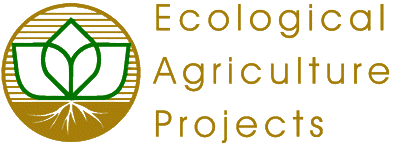

EAP Publications | Virtual Library | Magazine Rack | Search | What's new
7.1 Products as specified in paragraph 1.1 which are imported may be marketed only where the competent authority or designated body in the exporting country has issued a certificate of inspection stating that the lot designated in the certificate was obtained within a system of production, preparation, marketing and inspection applying at least the rules provided for in all sections and annexes of these guidelines and satisfy the decision on equivalency referred to under 7.4.
7.2 The certificate referred to in paragraph 7.1 above should accompany the goods, in the original copy, to the premises of the first consignee; thereafter the importer should keep the transactional certificate for not less than two years for inspection/audit purposes.
7.3 The authenticity of the product should be maintained after import through to the consumer. If imports of organic products are not in conformity with the requirements of these guidelines due to treatment required by national regulations for quarantine purposes that is not in conformity with these guidelines they loose their organic status.
7.4 An importing country may:
Codex Alimentarius Working Group, May 27th, 1998. (Draft copy)
Important Note
Text that appears in bold and underlined letters indicates new text relative to the last document of the "Codex Alimentarius Working Group".
Text that appears in red italics letters indicates eliminated text.
Text that appears in green will be discussed next year.
Info Request | Services | Become EAP Member | Site Map
Give us your comments about the EAP site
Ecological Agriculture Projects, McGill University (Macdonald
Campus)
Ste-Anne-de-Bellevue, QC, H9X 3V9 Canada
Telephone:
(514)-398-7771
Fax:
(514)-398-7621
Email: info@eap.mcgill.ca
To report problems or otherwise comment on the structure of this site, send mail to the Webmaster